Bottom Line: Third-party platforms like BitTopup can slash your costs by up to 20% compared to official stores. Plus, local bank transfers help you dodge those nasty international transaction fees that South African users know all too well.
Getting Your Head Around Poppo Live Payment Options in SA
What's Poppo Live All About?
Here's the thing about Poppo Live's pricing structure – it's pretty straightforward once you break it down. You're looking at 83,000 coins for $10, jumping to 252,000 coins for $30, then 430,000 coins for $50. The scale goes all the way up to 9.1 million coins for a cool $1,000 (though honestly, who's dropping that kind of cash?).
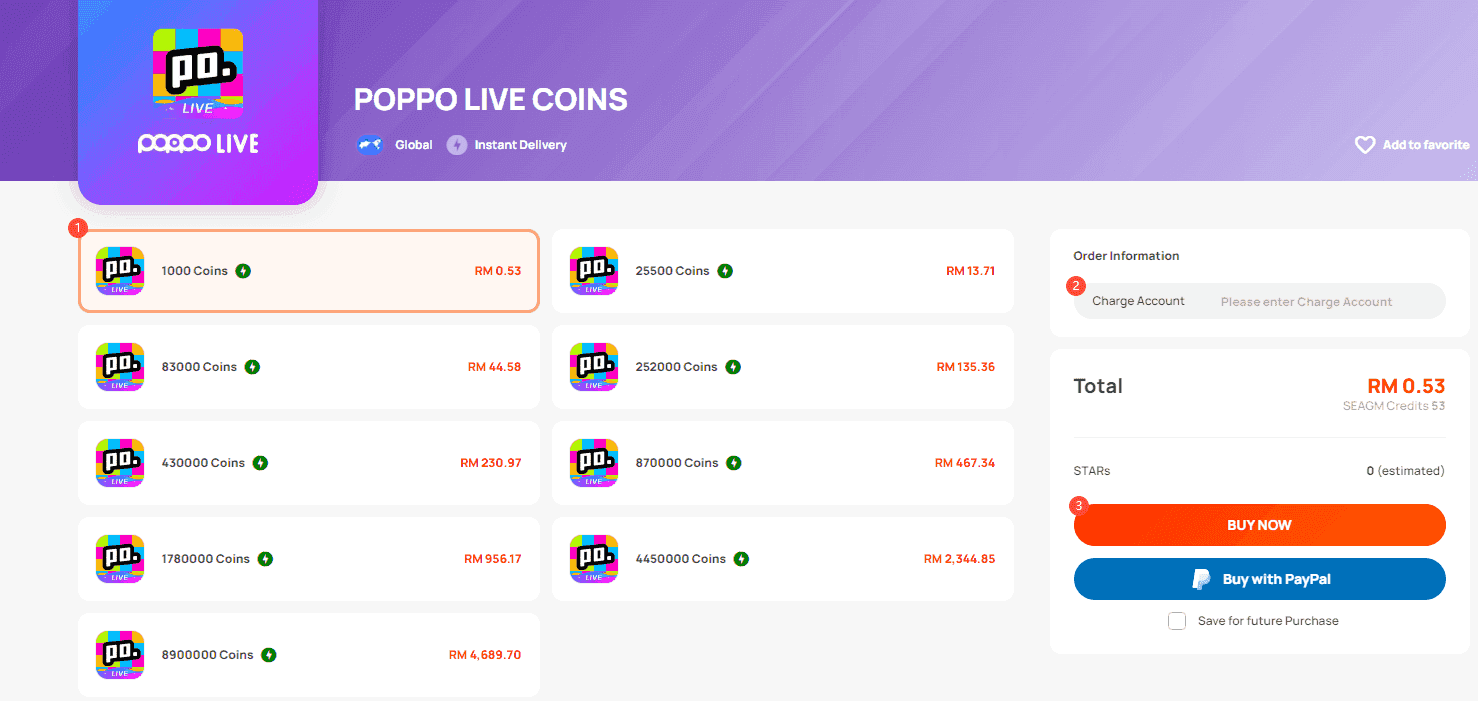
For streamers, the math works out to 70% of virtual gift value, but there's a catch – you need at least 100,000 points (that's $10 USD) before you can withdraw anything. Processing times? Anywhere from 1-7 business days depending on your method and location.
Now here's where it gets interesting. Poppo voucher recharge through BitTopup isn't just about convenience – it's about real savings. We're talking local payment support, faster processing, and those reduced international fees that can really add up.
The numbers don't lie: authorized resellers offer 458,000 coins for $50 versus the official store's 430,000 coins. That's an extra 28,000 coins – roughly 6.5% more value for the same spend.
The South African Payment Reality
Let's be honest about something – international transaction fees are a pain. South African credit cards typically tack on 2-4% for USD transactions, and that adds up fast when you're regularly buying coins.
What's fascinating is how regional integration plays out differently across markets. Saudi users get Mada/STC Pay integration, Philippine users benefit from local currency optimization that can significantly reduce costs. The lesson? Third-party resellers often provide way more flexible payment ecosystems than those rigid in-app stores.
Processing speeds tell their own story. Credit cards? Instant gratification. Bank transfers? You're waiting 1-3 business days, but the savings often justify the patience. Plus, local bank transfers give you that familiar fraud protection through South African banking regulations – something you don't get with international card disputes.
1Voucher: Breaking Down the Prepaid Option
How This Actually Works
Think of 1Voucher as your digital middleman. You buy prepaid vouchers from retailers or online platforms, then redeem them for digital goods. It's pretty elegant, actually – you purchase vouchers for whatever amount you need, punch in those voucher codes during checkout, and boom. Done.
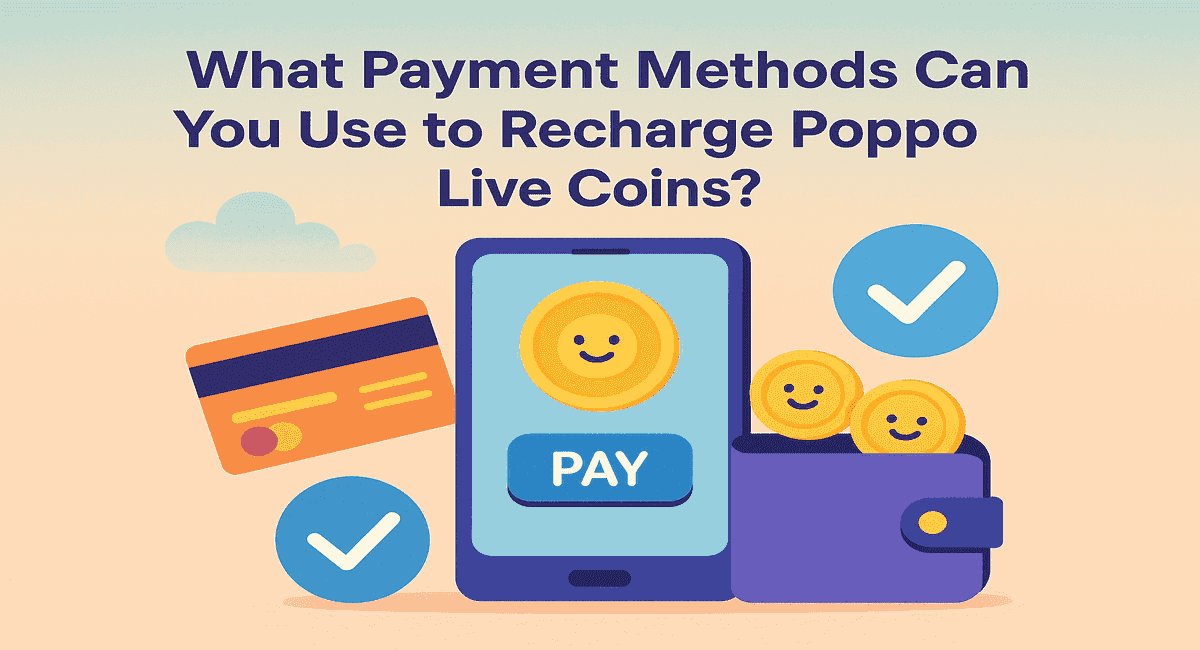
The security angle is clever too. You're creating this buffer between your banking details and international platforms, which honestly makes sense given how sketchy some online transactions can feel.
Setting up an account takes maybe 5-10 minutes. Name, email, mobile number, SMS verification – the usual drill. Purchase channels include online banking, retail locations, even mobile money services. The platform gives you transaction history, balance tracking, spending limits, and usage notifications. Pretty comprehensive for what it is.
Security Features That Actually Matter
Here's what I appreciate about 1Voucher's security approach: multi-layer protection with encrypted codes, time-limited validity, and single-use restrictions. The prepaid nature means your exposure is limited to just the voucher amount – no risk of overdrafts or unexpected charges.
Transaction monitoring flags unusual patterns, and those confirmation messages create a proper audit trail. It's not bulletproof, but it's solid.
Bank Transfers: The Traditional Route
How Direct Bank Transfers Actually Work
The standard process is pretty straightforward – select bank transfer, receive banking details, complete the transfer via your banking app with specific reference numbers. Nothing revolutionary there.
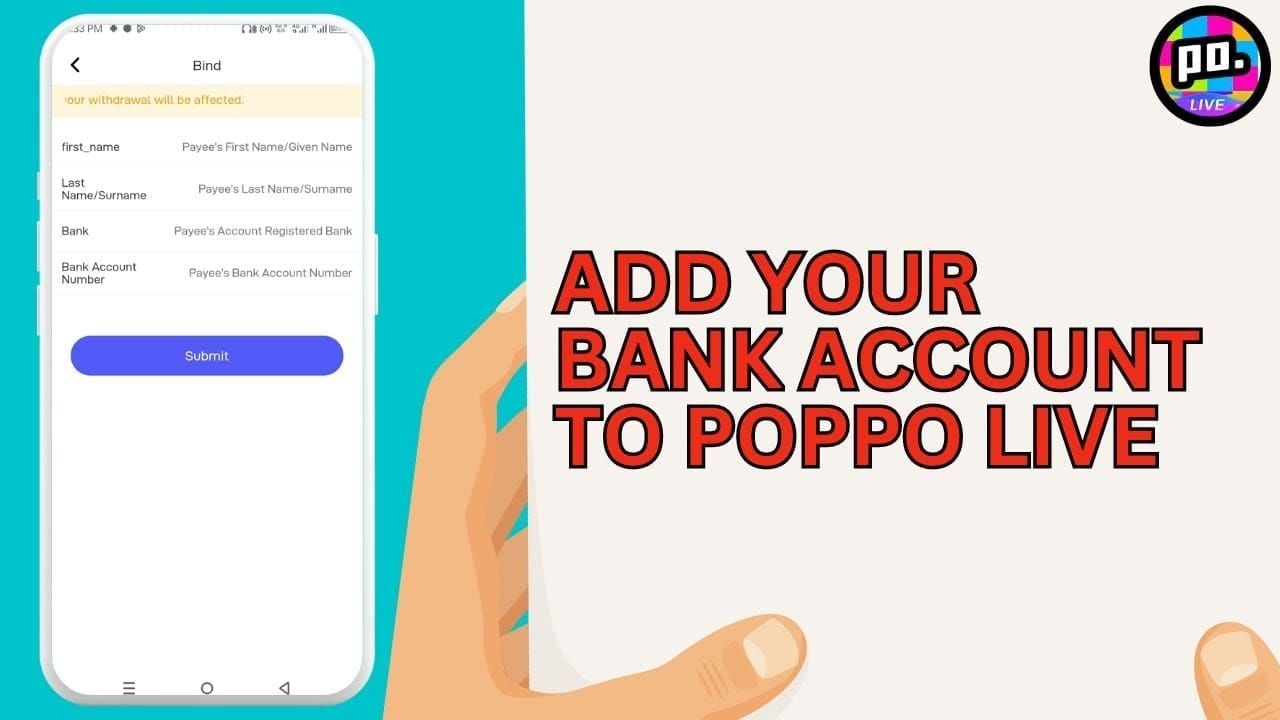
But here's where Bank transfer Poppo top up through BitTopup gets interesting – they've streamlined the process with dedicated South African banking support and competitive exchange rates. That matters more than you might think.
All the major players support this: Standard Bank, FNB, Capitec, Nedbank, ABSA. They've all got international transfer capabilities through their digital platforms. FNB typically processes within 24-48 hours, while Capitec offers some of the most competitive USD rates I've seen. Weekend and holiday schedules can extend processing by 1-2 days, so plan accordingly.
EFT vs Instant Transfers: The Trade-off
EFT takes 1-3 business days but keeps fees lower – perfect if you're cost-focused and can wait. Instant transfers complete within minutes but carry that 1-3% premium fee. It's the classic speed vs cost equation.
RTGS enables same-day transfers, but you need R100,000+ minimums. Completely impractical for most Poppo purchases, obviously.
The Real Cost Breakdown
What You're Actually Paying
Here's where third-party platforms really shine – up to 20% savings on bulk purchases. Compare that to international fees adding 2.5-4% to credit card purchases when converting ZAR to USD. Bank transfer fees typically run R50-R200 per transaction, which becomes cost-effective for purchases above R2,000.
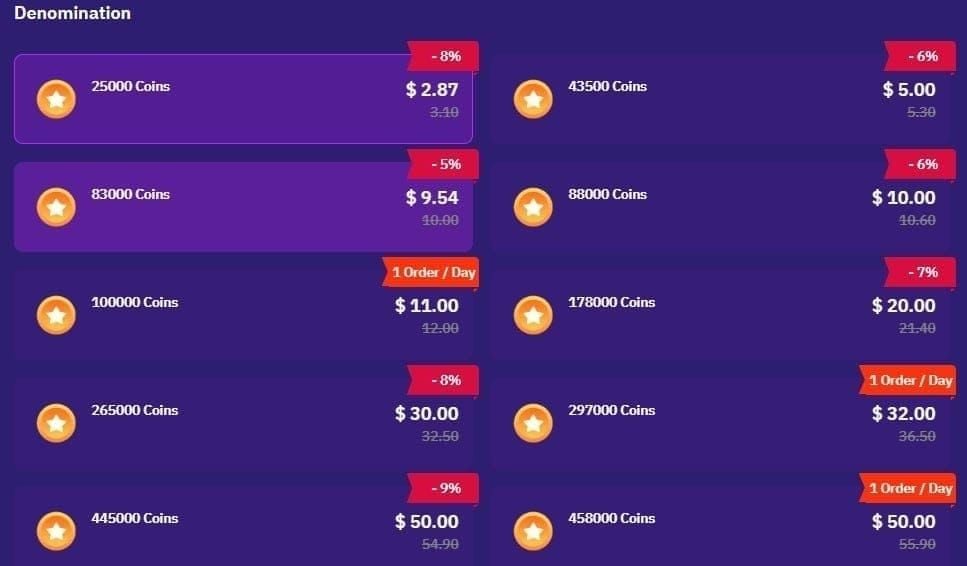
The hidden charges are where things get sneaky. Currency conversion spreads can eat 1-3% through less favorable rates than market rates. Official app store purchases include those brutal 10-30% platform fees that nobody talks about.
Real example: a R1,000 purchase can save you R150-R300 using optimized methods versus going through official stores with international cards. That's not pocket change.
Exchange Rate Reality Check
ZAR volatility is no joke – we're talking 2-5% weekly fluctuations that directly impact your USD purchases. Banks typically apply rates 1-2% above market rates versus interbank rates. Some platforms offer 24-48 hour rate locks, which can be a lifesaver.
Timing your purchases during ZAR strength can yield 5-10% savings versus buying during currency weakness periods. It's worth watching if you're making larger purchases.
Speed vs Savings: The Processing Time Reality
What to Actually Expect
Instant methods give you immediate delivery but cost 3-7% premium from international fees and unfavorable rates. Bank transfers require patience – 1-3 days – but offer better rates and lower fees.
Here's something most people don't consider: month-end congestion. Between the 25th and 5th, processing can extend 1-2 days due to increased volumes. Plan around it.
International processors experience delays during major holidays in both South Africa and the United States. Real-time systems maintain consistent performance regardless of peak periods, but you pay for that reliability.
Security: What Actually Protects You
Comparing Your Options
Authorized resellers provide safe environments when you've vetted them for reputation, delivery speed, and refund policies. Bank transfers offer that familiar fraud protection through South African regulations and dispute resolution processes.
Local transfers provide the strongest regulatory protection versus the limited recourse you get with international card transactions. That's worth considering.
Important note: Poppo Live's policy is crystal clear – no refunds for incorrect Poppo ID recharges. Third-party support might assist with pending orders if you contact them immediately, but don't count on it.
Two-factor authentication on both your banking apps and gaming accounts prevents unauthorized access. Basic stuff, but essential.
User Experience: The Practical Side
Mobile Integration Reality
The purchase process is pretty streamlined: enter your Poppo user ID, select coin amounts, complete payment. Coins get added immediately upon successful processing.
Finding your User ID is simple – log into the Poppo app, click settings, and your ID appears below your profile picture. Write it down somewhere safe.
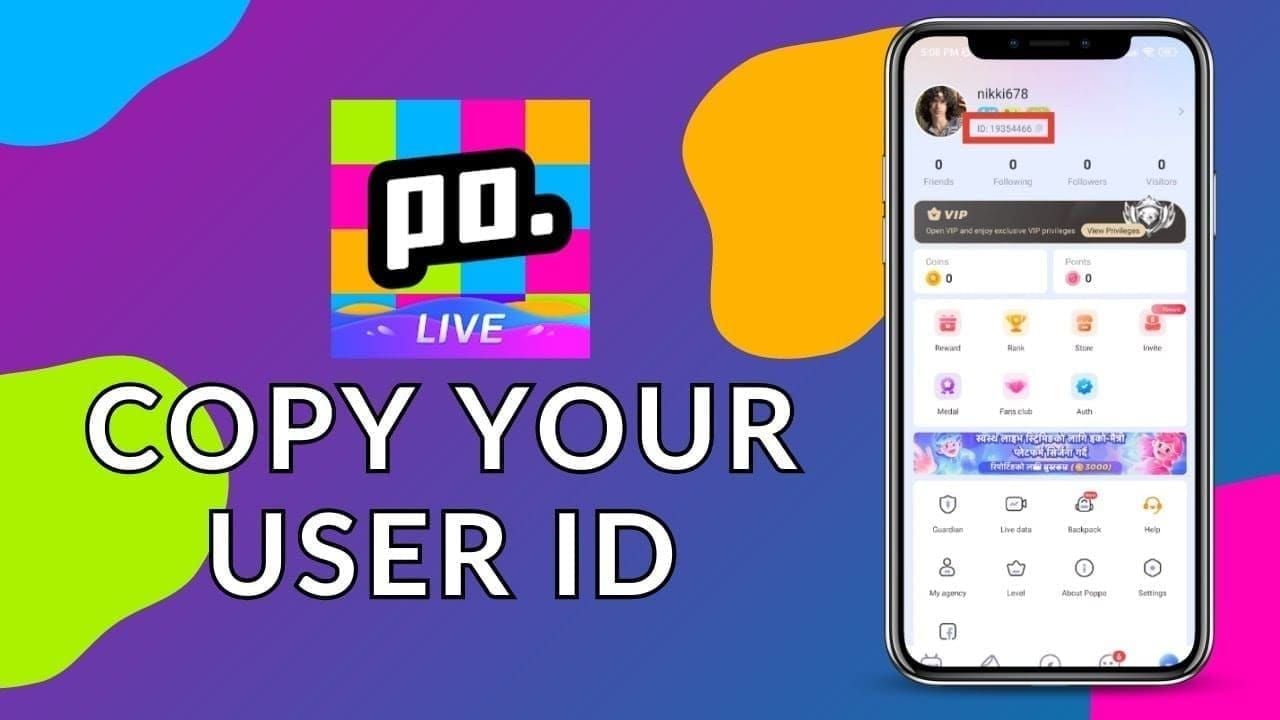
Daily transfer limits typically run R25,000-R50,000 for standard accounts. Higher limits require upgraded accounts with additional verification. New users get 20,000 points daily ($2) through special tasks – not much, but it's something.
South African Market Specifics
Regulatory Landscape
Reserve Bank regulations require reporting for large international transfers, though typical Poppo purchases fall well below those thresholds. Foreign exchange controls might apply to larger transactions requiring additional documentation, but again, most users won't hit these limits.
Payment availability varies dramatically by region. Successful markets demonstrate how crucial local integration is. Currency-specific pricing in places like the Philippines and Nepal shows substantial savings when platforms optimize for local conditions versus standard USD conversion.
Real User Experiences: The Good and Bad
What the Community Says
User reviews highlight some serious financial risks – we're talking reported losses of $100,000-$150,000 over extended periods. Games like fishing era get mentioned as particularly problematic.
Community reports suggest 30% of purchased coins might effectively belong to the platform immediately. That's... concerning, to put it mildly. This stuff requires careful budget management and genuine gambling awareness.
Payment Preferences in Practice
Cost-conscious users gravitate toward third-party platforms offering 12% new user coupons and referral rewards that simply aren't available through official stores. Bulk purchasing provides better coin-to-dollar ratios and reduced per-transaction fees with bank transfers.
Makes sense when you break down the math.
Expert Take: What Actually Works
Best Use Cases for Each Method
Bank transfers suit cost-priority users making bulk purchases above R2,000, where fixed fees become proportionally smaller. Instant methods serve time-sensitive needs despite higher costs. Voucher systems benefit security-focused users or those without traditional credit cards.
Decision Framework That Works
Frequent small purchases favor instant methods despite higher per-transaction costs. Occasional bulk purchases benefit from bank transfer savings of 5-15%. Currency timing during ZAR strength provides 3-8% natural discounts for larger purchases.
Future Trends Worth Watching
Digital payment integration is expanding rapidly in South Africa with increasing e-wallet and instant transfer support. Cryptocurrency adoption might provide additional options, though regulatory uncertainty suggests traditional methods will remain primary for the foreseeable future.
Platform consolidation trends toward comprehensive solutions that maintain competitive pricing while improving user experience.
Actionable Steps
Calculate your monthly Poppo spending – users above R1,500 monthly typically benefit from bank transfers despite the delays. Research current exchange rates and bank fees before making large purchases. Establish relationships with authorized resellers offering consistent pricing and reliable delivery.
FAQ: The Questions Everyone Asks
Is it safe to use third-party platforms for Poppo Coin purchases in South Africa? Yes, when you stick to authorized resellers. Verify platform reputation, delivery speed, and refund policies first. Authorized resellers can offer up to 20% savings while maintaining security through established payment processors.
How long do bank transfers actually take for Poppo Coin purchases? Typically 1-3 business days, with extensions during month-end periods or holidays. Better exchange rates and lower fees make them cost-effective for bulk purchases above R2,000.
What are the real cost differences between payment methods? Third-party platforms provide 458,000 coins for $50 versus 430,000 from official stores. International credit card fees add 2.5-4%, while bank transfers charge R50-R200 but offer better exchange rates.
Can I get refunds for wrong Poppo ID transfers? Poppo Live's official policy is clear: no refunds for incorrect ID recharges. Contacting third-party support immediately might help if orders are still pending, but don't bank on it.
Which South African banks work best for Poppo transfers? Standard Bank, FNB, Capitec, Nedbank, and ABSA all support international transfers. FNB processes within 24-48 hours, while Capitec offers competitive exchange rates.
Are there transaction limits for Poppo purchases? Daily limits typically run R25,000-R50,000 for standard accounts. Poppo maintains a 100,000 points ($10 USD) minimum withdrawal with 1-7 day processing times.

